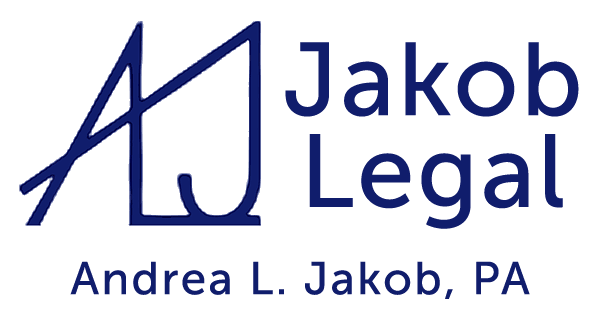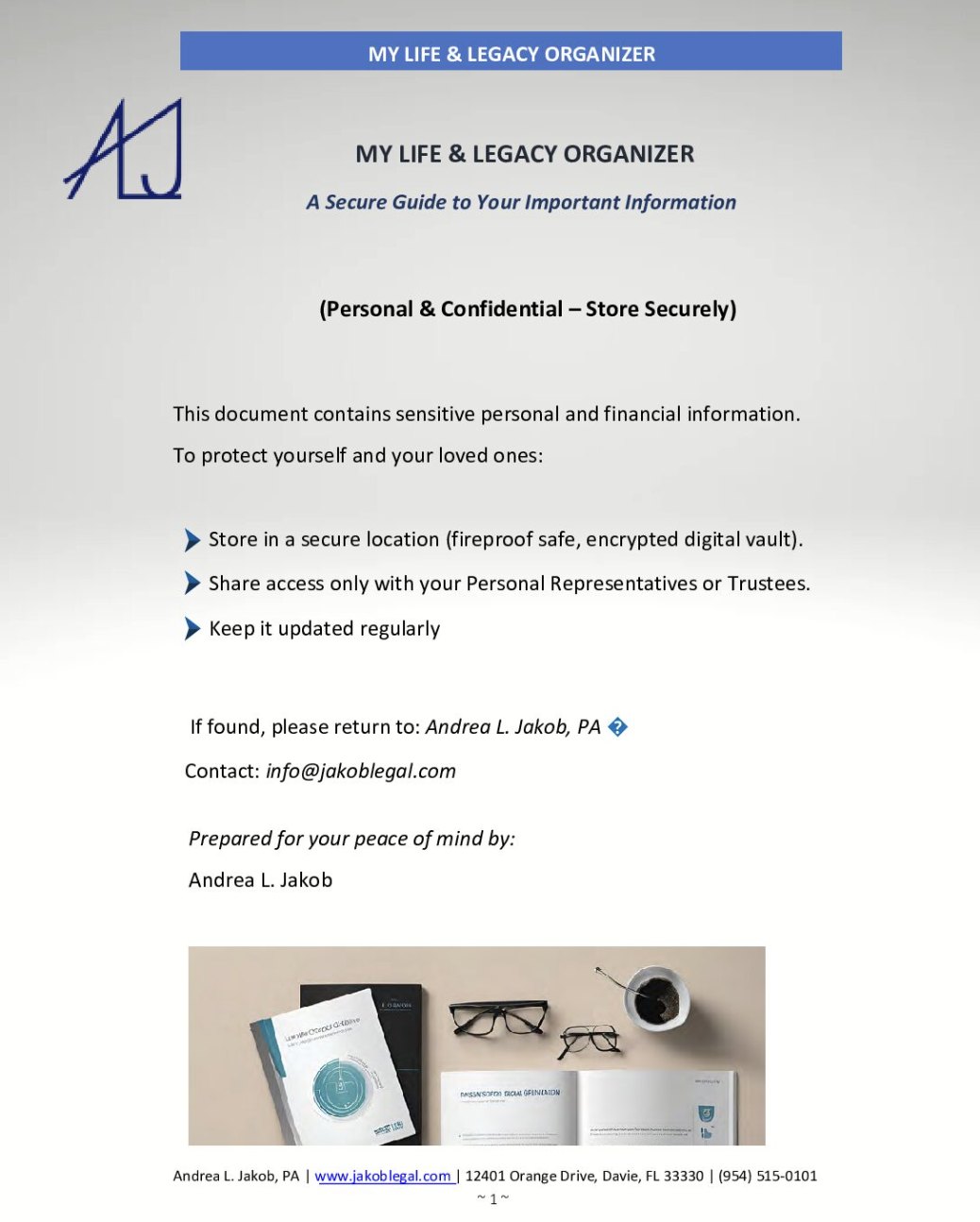How a Florida Lady Bird Deed Helps Broward County Homeowners Avoid Probate
When it comes to keeping your Florida home out of probate, one of the most homeowner-friendly tools is what we typically call a Lady Bird Deed, or more formally, an Enhanced Life Estate Deed (sometimes just “enhanced life estate” or “life estate with enhancements”). This approach lets you retain full control of your home now, while ensuring it passes smoothly to your trust or beneficiaries later — without messy court intervention.
Below is how it works, and how it helps with homestead protection, taxes, mortgages, and more.
What Is a Lady Bird / Enhanced Life Estate Deed?
- A Lady Bird Deed is simply another name for an Enhanced Life Estate Deed — they’re the same thing in Florida.
- Under this deed, you reserve for yourself a life estate (i.e. the right to live in, use, sell, mortgage, or change the property) while naming remainder beneficiaries who will automatically receive the property when you (and your spouse, if applicable) pass away.
- The big win: avoid probate. Because ownership transfers by operation of law at death, your heirs don’t need to file a probate case just for the house.
Unlike a traditional life estate, the enhanced or “Lady Bird” version gives you extra power — the ability to sell, mortgage, or revoke the deed without needing the beneficiaries’ permission.
Who Owns the Property Now?
You do — and you have full control:
- You remain the legal owner (life tenant) during your life (or during both spouses’ lifetimes in joint plans).
- After both spouses (if both are involved) pass, the remainder interest vests in the trust or beneficiaries you named.
- Until then, the beneficiaries have no right to force sales, veto changes, or interfere with your rights.
So, in practical terms: the home is yours — always has been, always will be — until the moment your last named life tenant dies, then it flips over to the trust or your named heirs.
Will My Taxes Increase?
No — the deed is structured so you don’t lose Florida’s homestead protections or trigger extra taxes. Here’s how:
- Homestead Exemption: You keep your Florida homestead exemption because you never fully “give up” ownership during your life.
- No Documentary Stamp Tax (for homestead transfers): Because the life estate is reserved, the transfer is not treated as a completed sale, so documentary stamp taxes generally don’t apply on the initial deed.
- Annual Property Taxes: Your property taxes won’t jump just because you record this deed.
- Save Our Homes Cap: The cap on how much the assessed value can increase (under homestead rules) continues to protect you.
So from your perspective, nothing changes — you retain all tax advantages you had before.
Insurance and Mortgage Considerations
- Homeowner’s Insurance: It’s smart to notify your insurer of the new deed and see whether your trust or beneficiaries should be added as “additional insureds” or “interested parties.”
- Mortgage / “Due on Sale”: Even if your mortgage has a “transfer on sale” clause, federal law (the Garn-St. Germain Act) typically protects your use of a Lady Bird / Enhanced Life Estate Deed. In short: the lender can’t force you to pay off the loan just because you changed the deed.
Why Use a Lady Bird / Enhanced Life Estate?
This tool offers many advantages for Florida homeowners:
- Avoid probate for your home
- Keep full control over your property while alive
- Maintain homestead protection and tax benefits
- Step-up in basis for heirs (they inherit with the value at death for tax purposes)
- Flexibility — you can revoke, change, or cancel the deed at any time
- Medicaid planning advantages — the property typically isn’t part of your probate estate and may be shielded from estate recovery claims (depending on timing))
It’s a relatively cost-effective alternative to a full revocable living trust, especially when real property is your main concern.
What to Watch Out For / Limitations
- Homestead law restrictions: Florida’s homestead laws limit how you can devise your property if you have a surviving spouse or minor children. (You can’t always override those protections with a deed.
- Title insurance or lender skepticism: Some title companies or mortgage lenders may be less comfortable with transactions involving enhanced life estates, so you’ll want professionals who are familiar with them.
- Creditor exposure: The deed generally does not protect the property from your own creditors — especially during your lifetime.
- Complex beneficiary arrangements: If you have many beneficiaries or complex conditions, it may introduce potential disputes.
- Proper drafting is critical: The exact wording matters a lot. A flawed deed can fail to achieve your goals.
Bottom Line
In Florida, a “Lady Bird Deed” and “Enhanced Life Estate Deed” are just two names for the same powerful estate planning tool. It lets you:
- Retain full control of your property
- Bypass probate for your home
- Keep your homestead and tax benefits
- Change your mind whenever you like
If avoiding probate for your home is a priority, this is one of the cleanest, most effective ways to do it — but it must be drafted correctly and integrated into your broader plan.

